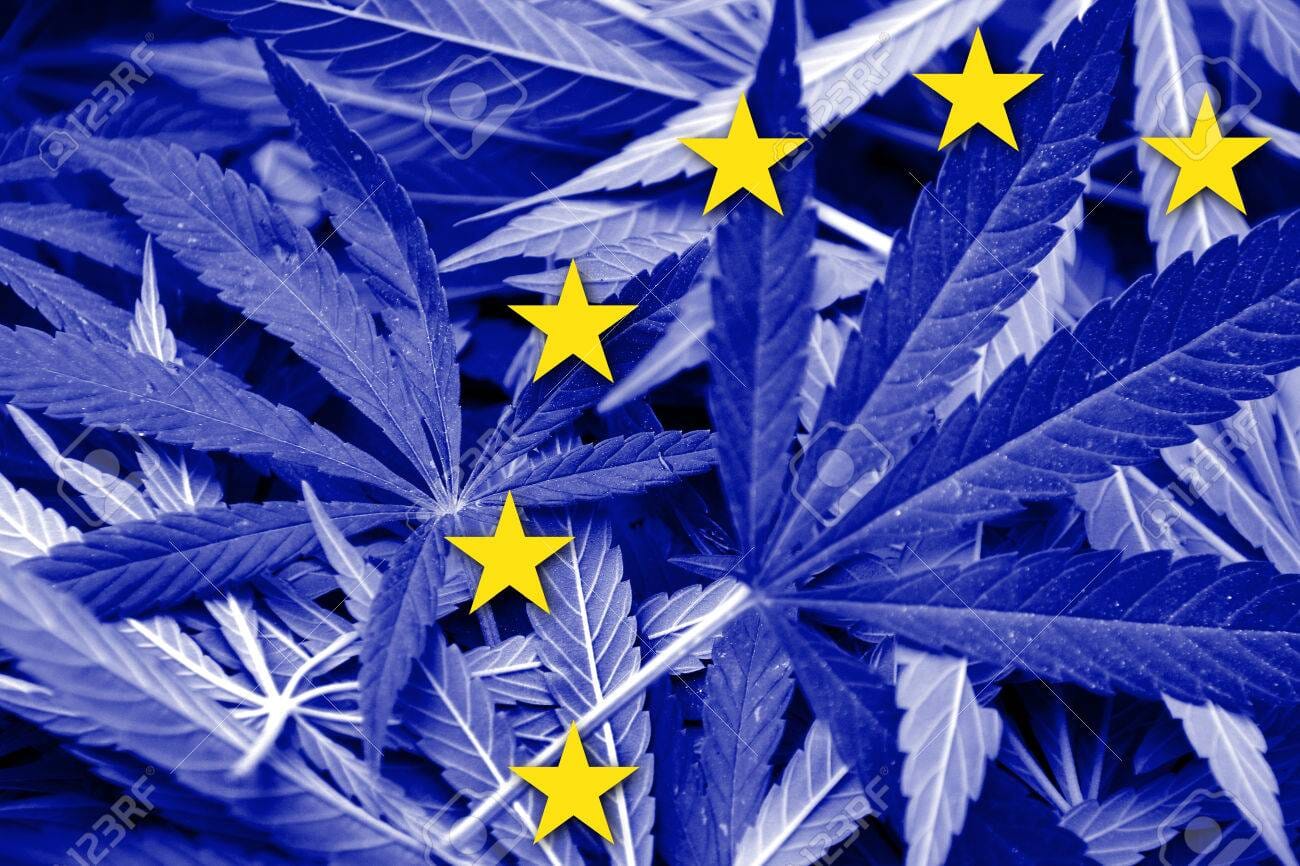Floridians get to free the weed at the ballot box Nov. 5. What’s at stake? Scores of weed arrests, and at least $200 million per year in tax revenue for a massive, newly legal economy.
Also, tens of millions of dollars more in criminal justice savings from fewer arrests, and prison sentences.
That $200 million figure comes from a 2023 State of Florida economic analysis.
A Leafly News analysis adds in the estimated cost of 66,000 annual arrests in Florida for weed, plus tax projections based on legalization in other states. The net fiscal impact could be many millions of dollars more.
A June Fox News poll has Amendment 3 passing with 66% of the vote. Eligible Florida voters should ensure they’re registered to vote by October 1.
The current penalties of pot prohibition

‘Marijuana is legal enough in Florida,’ some voters will say. ‘There’s already legal medical cannabis and hemp.’
There’s also prohibition. Prosecutors filed some 66,000 counts of possession of marijuana charges in Florida in 2023, according to the Tampa Bay Times.
“Florida is arguably among the leading states in marijuana-related arrests — if not the leader,” said Paul Armentano at NORML.
Holding a sack is a first-degree misdemeanor, and can get you a year in prison. By contrast, Florida Amendment 3 legalizes up to 3 ounces of weed and 5 grams of hash. Amendment 3 reads: “The non-medical personal use of marijuana products and marijuana accessories by an adult … is not subject to any criminal or civil liability or sanctions under Florida Law.”
Related
It’s official: Florida will vote on legal weed in November!
It would be a game-changer in a state where a sandwich baggy of weed (over 20 grams) can get you a third-degree felony and five years in prison in Florida. The number of pot charges per year is increasing, reports state.
How much does Florida pot enforcement cost?
So how much does 66,000 weed arrests cost Floridians? State analysts left it out.
Leafly estimates the bill for those charges alone start at $13.2 million.
Shop highly rated dispensaries near you
Showing you dispensaries near
Each misdemeanor has to take a minimum of one police hour to issue, and one court hour to charge, notice, and arraign. Cops and court officials aren’t cheap. They can easily run $100 per hour when you factor in salary, benefits, and pension.
Forgoing most weed arrests should save millions to tens of millions of dollars in law enforcement costs for weed per year.
Pro-legalization activists say the true number can be 10 times higher.
In 2010, the pro-weed group Drug Policy Alliance calculated that each pot arrest costs a state $1,000 to $2,000. That’s $99 million per year in Florida cops writing pot tickets and courts serving paperwork.
California analysts predicted “tens of millions” in court savings before Prop 64 passed in 2016. California is roughly twice the population of Florida.
Floridians missing out on tax revenue, too

States with pot prohibition not only fork out dough to persecute potheads. Floridians forgo the tax revenue of economic activity already occurring on their block. That’s where the number really bites.
Legal weed would face Florida’s 6% state sales tax, plus local taxes, and fees.
Florida’s state economists see legal weed as generating “Based on other states’ experiences, … at least $195.6 million annually in state and local sales tax revenues once the retail market is fully operational.”
That $200 million may prove low. The conservative legislature would probably pass “sin taxes” on pot. Benchmarked to California revenues, Florida would rake in $500 million in annual taxes from legal weed.
What can Floridians do with $200 million in revenue?
the savings and tax revenue could pay for at least 2,000 new teachers
Passing Florida Amendment 3, would result in revenue and savings that are hard to fathom. One easy way to measure it: the savings and tax revenue could pay for at least 2,000 new teachers, at the going rate.
So that’s some back-of-the-envelope math for when people say, “Why legalize weed in Florida, isn’t it legal enough?”
Read on for more details.
Counting more costs: Felonies, defense attorneys, and prison cells
When Leafly says “millions to tens of millions of dollars” in cops and court savings, we’re being conservative. Prohibition places measurable and immeasurable burdens on its targets and society at large. We’re not counting felony cases, nor the cost of defense attorneys, and imprisonment or supervision.
For example, a felony arrest can cost the defendant $10,000 to $15,000, stated Christopher Cano, Executive Director of Suncoast NORML. That money pays for pre-trial intervention rehab to expunge a first offense.
“I know this for a fact because it happened to me in 2014,” Cano stated.
And then there’s the prison and probation costs, too.
- About 3 out of 50 people heading into a Florida prison cell each year go in for holding weed or selling weed, according to state reporting.
- About 140 people sit in a Florida state prison for pot.
- Each prisoner costs $88,000 for the prison bed, guards, and food each year, the state of Florida estimates.
A substantial reduction in pot prisoners yields millions of dollars more in savings.
We’ll keep updating this post as more info comes to light.
Sources
—‘Florida could legalize marijuana, but people arrested still face tough road’, Tampa Bay Times, July 11, 2024, via the Florida Office of the State Courts Administrator
—California Prop 64 summary and text with fiscal analysis












































